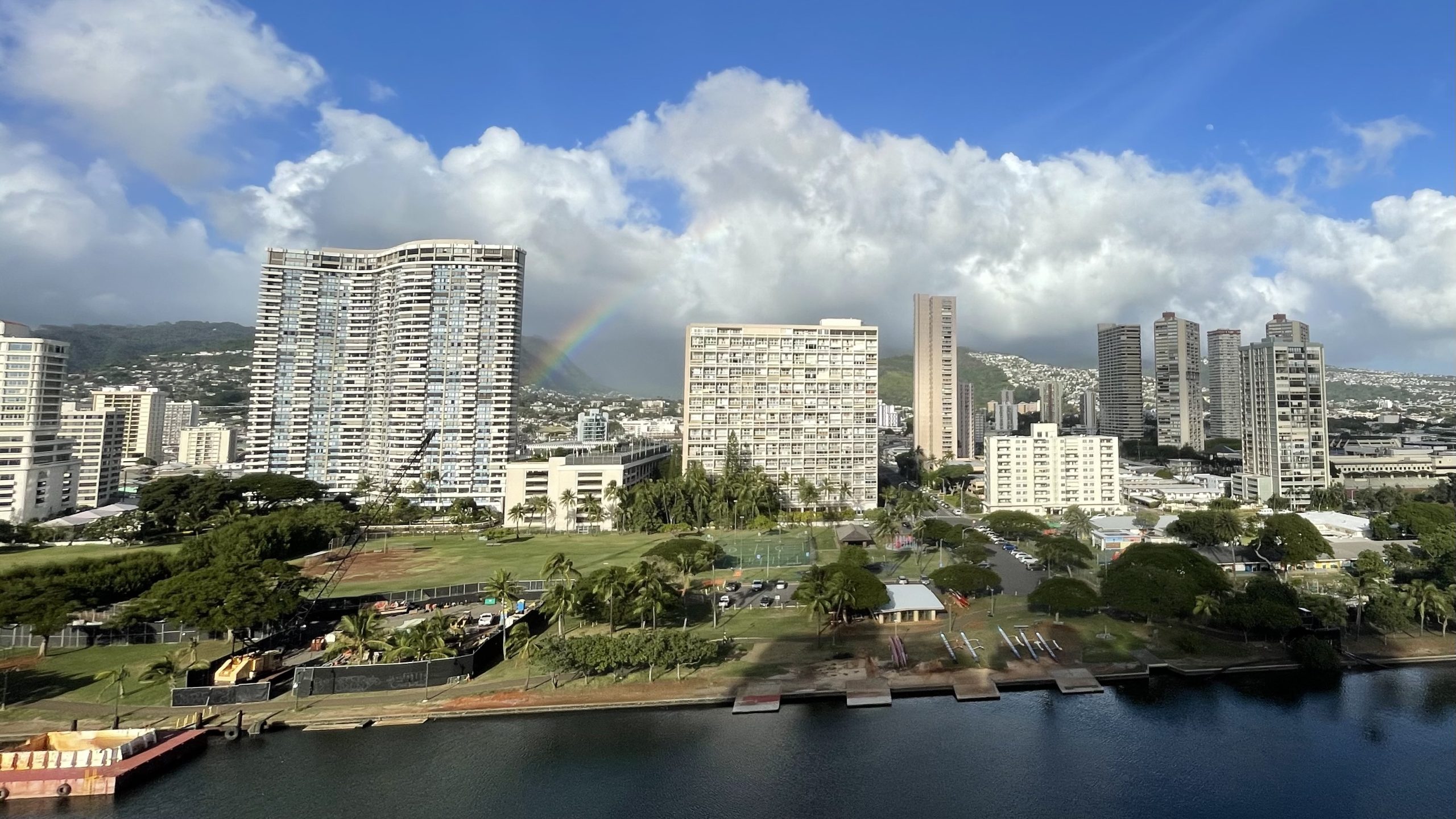Leasehold vs Fee Simple in Hawaii: What Buyers Should Know
Not all properties in Hawaii come with the land beneath them. This post breaks down leasehold vs fee simple in Hawaii—a common point of confusion for local and out-of-state buyers alike—and helps you decide which ownership type fits your goals.
When you’re shopping for a home or condo in Hawaii, you’ll often see properties listed as either “fee simple” or “leasehold.” If you’re not sure what leasehold means or how it compares to fee simple, you’re not alone. Understanding leasehold vs fee simple in Hawaii is one of the most important steps in making an informed purchase.

Condos in Honolulu often come in both leasehold and fee simple forms, knowing the difference helps you plan for long-term value and ownership rights.
What Does Fee Simple Mean?
Fee simple means you own both the home and the land it’s built on. You hold the title outright and can keep the property as long as you want. You’re free to sell it, pass it on, or hold it indefinitely. This is the most common form of ownership on the mainland and in Hawaii, and usually the most straightforward.
What Is a Leasehold Property?
Leasehold means you own the unit or home itself, but not the land it sits on. Another party, often a trust, family, or landowner, retains ownership of the land. You lease it for a set number of years under specific terms.
That lease comes with an expiration date and monthly lease rent. These terms can include renegotiation points during the lease term. Some leases extend 30–50 years, while others may expire in just a few. When the lease ends, the land (and in most cases, the home) reverts back to the landowner unless renegotiated.
What Are the Pros and Cons of Leasehold?
Leasehold properties generally cost less than comparable fee simple homes. However, their value decreases as the lease gets shorter. For example, a unit with 30 years left on the lease will be worth much more than one with only 5 years left.
Financing leasehold purchases can also be tricky. Many banks won’t issue mortgages for leaseholds, especially if the lease expires soon. You may need to pay cash or work with a local lender familiar with leasehold terms.
Leaseholds also tend not to appreciate like fee simple properties do. That said, they can still be a smart option. Investors, first-time buyers, and those looking for an affordable entry point into Hawaii real estate often consider them. Just be sure you understand the timeline and terms.
Which One Is Right for You?
If you’re comparing leasehold vs fee simple in Hawaii to decide which one works for your situation, consider how long you plan to stay in the property, whether you want to build equity, and how you plan to finance it.
If you’re looking for a long-term or forever home, I usually recommend focusing your search on fee simple properties. They offer more control, more financing options, and a better path to building equity over time.
But leaseholds aren’t off the table. If your budget is tight or you’re buying a property for income, they might be the right fit. I can help you weigh the pros and cons and decide what makes sense based on your goals.
Want to Read More?
Here’s a helpful article that dives deeper into the topic:
What Is a Leasehold Property? A Rental That Lasts … and Lasts
Let’s Talk About Your Real Estate Goals
Still not sure how leasehold vs fee simple in Hawaii applies to your plans? I’d be happy to answer your questions and talk through your options.
Email: jessicabrenhaug808@gmail.com
Website: jessicabrenhaug808.com
Let’s make a plan that fits your future.

 Facebook
Facebook
 X
X
 Pinterest
Pinterest
 Copy Link
Copy Link


